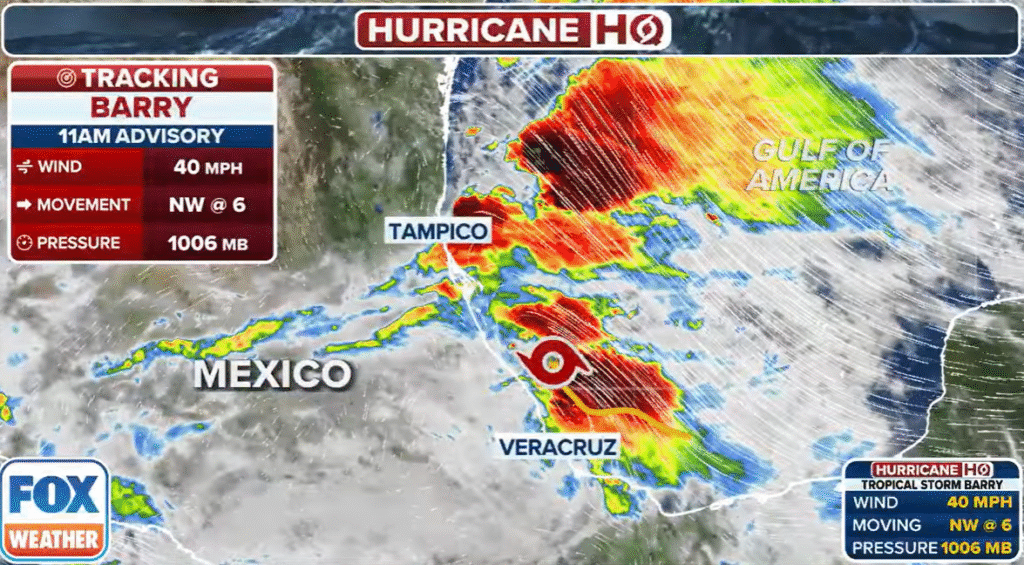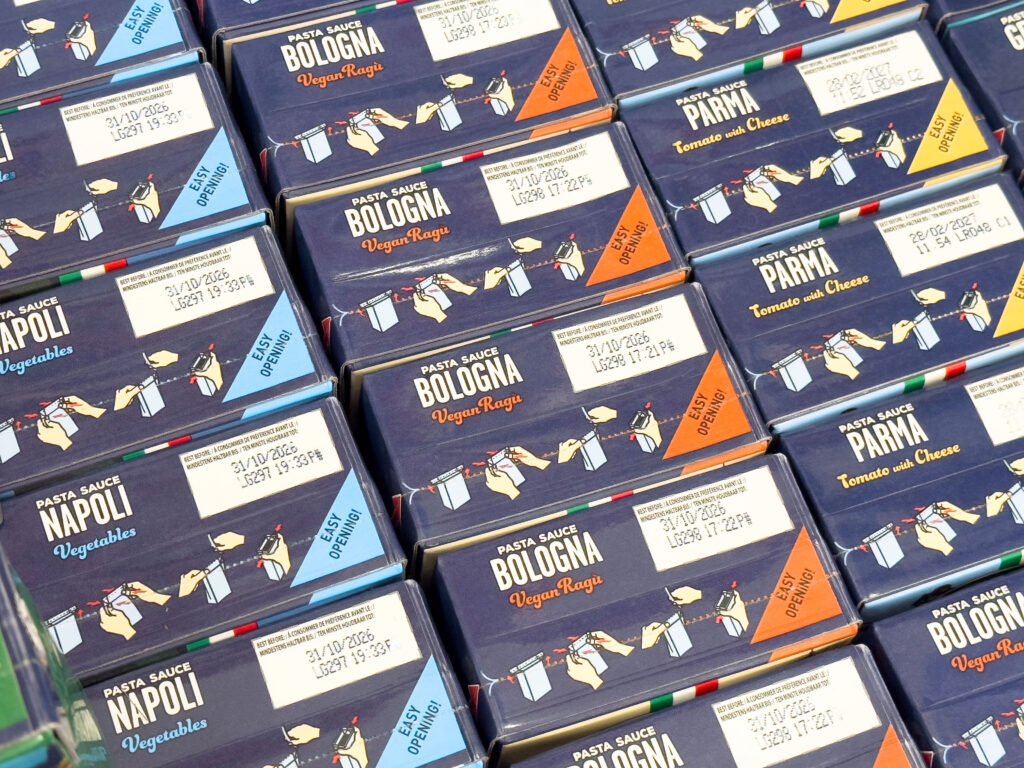
Residents in Cheverly, Seat Pleasant, and Capitol Heights, Maryland, are being urged to boil their tap water before drinking or using it, following a water main break late Friday evening. The announcement was made by WSSC Water, the public utility serving the Washington Suburban Sanitary Commission area.
What Happened?
At approximately 10:00 PM on July 18, a 16-inch diameter water main ruptured near the Cheverly Metro station, with the break discovered at 5540 Columbia Park Road in Hyattsville, Maryland. The cause of the break is currently under investigation, but aging infrastructure and high summer water pressure are common contributing factors.
According to WSSC Water, about 11,200 customers in Prince George’s County have been impacted. While water service was not interrupted, there is a risk of contamination, prompting the precautionary boil water advisory.
Areas Affected
The advisory specifically covers the following municipalities:
- Cheverly
- Seat Pleasant
- Capitol Heights
WSSC Water has released an interactive map to help residents determine whether their addresses fall within the affected zone.
Check the Boil Water Advisory Map – WSSC Water (Link for illustrative purposes)
What is a Boil Water Advisory?
A boil water advisory (BWA) is a public notification issued when there is a possibility that the drinking water has been contaminated by pathogens, usually due to a drop in water pressure following pipe damage.
These advisories are issued as a precautionary measure and do not always indicate that contamination has occurred—but rather that it’s possible, pending lab tests.
According to CDC guidelines, boiling water kills bacteria, viruses, and protozoa that might cause illness.
What Should Residents Do?
Until the advisory is lifted, all customers in the affected area should boil tap water for at least one minute at a rolling boil, then allow it to cool before using it for the following:
Boil Water Before:
- Drinking
- Brushing teeth
- Washing fruits and vegetables
- Preparing infant formula or baby food
- Making ice
- Cooking
- Giving water to pets
Do Not:
- Use unboiled tap water for brushing teeth or rinsing your mouth.
- Use refrigerator-made ice cubes made after 10 PM on Friday.
- Use water from filtered taps unless you’ve boiled it first.
Water Distribution Efforts
WSSC Water has established a water distribution center to support impacted residents:
Judith P. Hoyer Early Childhood Center
Address: 2300 Belleview Avenue, Cheverly, MD
Operating Hours: Saturday, July 19 — 9:00 AM to 5:00 PM
WSSC encourages residents to bring containers and practice patience, as wait times may vary due to demand.
Impact on Schools, Businesses, and Healthcare Facilities
While the boil water advisory falls over a weekend, several summer programs, daycares, cafés, and healthcare clinics in the area may be affected.
- Local schools under Prince George’s County Public Schools (PGCPS) have been notified and instructed to halt all food prep activities unless using bottled or pre-boiled water.
- Restaurants and food vendors are legally required to use safe, boiled or bottled water or temporarily cease operations until the advisory is lifted.
- Healthcare clinics in the affected area are operating under safety protocols, especially where drinking water is administered to patients.
The Prince George’s County Health Department has issued a set of emergency guidelines for all commercial and public facilities.
When Will It Be Over?
WSSC Water says that the boil water advisory will remain in effect until at least 24–48 hours after repairs are completed and water quality tests confirm safety.
Water sampling and laboratory testing are underway. However, as of Saturday morning:
“There is no specific timeframe for lifting the advisory,”
said WSSC Water in an official statement.
Repairs on the 16-inch pipe may take several hours or longer, depending on weather, access to the pipe, and the need to stabilize soil around the break.
Community Response and Updates
Local community leaders, including Cheverly Mayor Kayce Simmons, urged residents to remain calm and informed:
“This is a precaution, and we thank WSSC crews working overnight to resolve the issue. Check on elderly neighbors and those who may not be online.”
How to Stay Updated:
- WSSC Water’s Website: www.wsscwater.com
- Emergency Hotline: 301-206-4002
- Sign up for text/email alerts through WSSC’s “Customer Notification” portal
- Follow @WSSCWaterNews on X (formerly Twitter) and Facebook
What to Do If You Already Used Tap Water?
If you’ve consumed tap water before the advisory was announced:
- The risk of illness is considered low, but not zero.
- Monitor for symptoms like upset stomach, diarrhea, nausea, or fever.
- If symptoms appear, consult your healthcare provider and inform them of the situation.
- Vulnerable groups such as infants, elderly, pregnant individuals, and people with weakened immune systems should be especially cautious.
What Happens Next?
Here’s what WSSC Water crews will be doing over the next 48–72 hours:
- Excavation and pipe repair at Columbia Park Road.
- Water pressure stabilization in the surrounding zones.
- Hydrant flushing to clear any discolored or sediment-laden water.
- Lab testing of water samples at multiple locations.
- Official clearance and public notice lifting the advisory.
Until then, do not assume the water is safe, even if it looks clear.
Tips to Manage During the Advisory
- Buy or stock up on bottled water (1–2 gallons per person/day).
- Store boiled water in clean containers with lids.
- Use boiled water for humidifiers and CPAP machines.
- Discard any ice made after Friday evening.
- Post notices in kitchens and bathrooms for family or guests.
Public Health Background: Why This Matters
Boil water advisories are not uncommon in regions with aging infrastructure. While usually temporary and precautionary, they help prevent serious illnesses such as:
- Giardia
- Cryptosporidium
- E. coli
- Norovirus
These pathogens can cause diarrhea, dehydration, vomiting, and in rare cases, severe infections—especially dangerous for children and immunocompromised individuals.
Until the advisory is lifted, play it safe. Boil all water for consumption and hygiene that involves the mouth or open wounds. Check WSSC Water and local alerts regularly and encourage your neighbors to do the same.
Stay safe, stay informed — and keep boiling until further notice.
Boil Water Advisory: Frequently Asked Questions (FAQ)
The advisory was issued after a 16-inch water main broke in Hyattsville, which could have introduced contaminants into the water system. Boiling water is a safety measure until test results confirm it’s clean.
Bring it to a rolling boil for at least 1 minute before drinking, brushing teeth, cooking, washing fruits and vegetables, or giving it to pets.
Yes. It’s safe to bathe or shower, but avoid swallowing the water. Young children and people with open wounds should use caution.
Yes, if you’re using a dishwasher with a high-heat setting. If washing by hand, use boiled or bottled water. Laundry is safe as it doesn’t involve ingestion.
No. Discard any ice made after the advisory and avoid using dispenser water until the advisory is lifted and the system has been flushed.
Standard filters like Brita, PUR, or refrigerator filters do not remove all bacteria or viruses. You must still boil the water.
WSSC Water will notify affected residents via text, email, and website updates once water testing confirms safety and the advisory is officially lifted.


